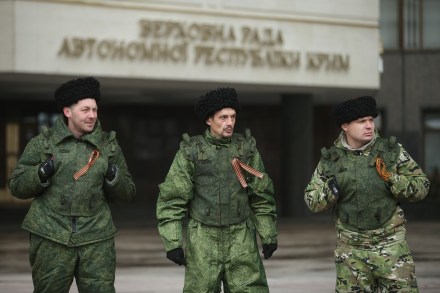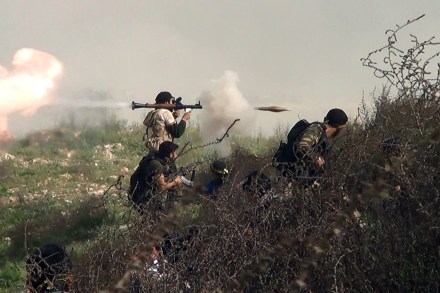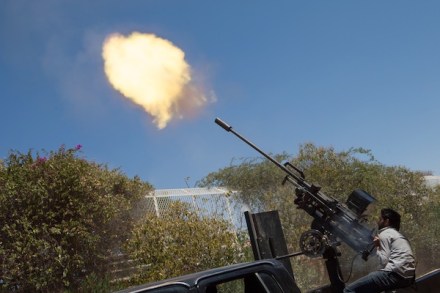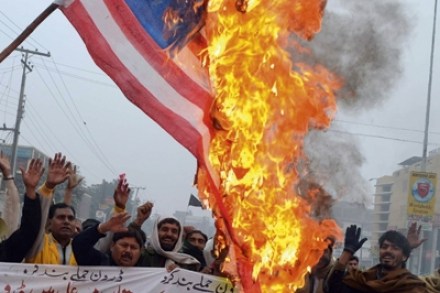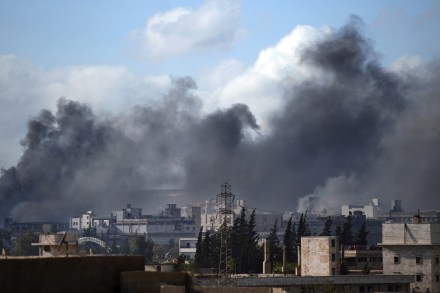The clock is ticking for Vladimir Putin in Ukraine. He has missed his best chance of victory.
Tick tock. Tick tock. Time is running out in the Ukraine. Time passes and cements the “facts on the ground”. Russia controls the Crimea and, one way or another, we should probably expect the province’s referendum to endorse a return to Moscow Centre. Whether Crimea’s plebiscite can or will be conducted honestly is a different matter but that, in the end, is not the most important issue. Indeed the fate and future of Crimea is, if hardly an irrelevance, a question of secondary importance. It is not the major front in this struggle. Russia’s actions in the Crimea are plainly illegal and unjustified but they were supposed to be the
